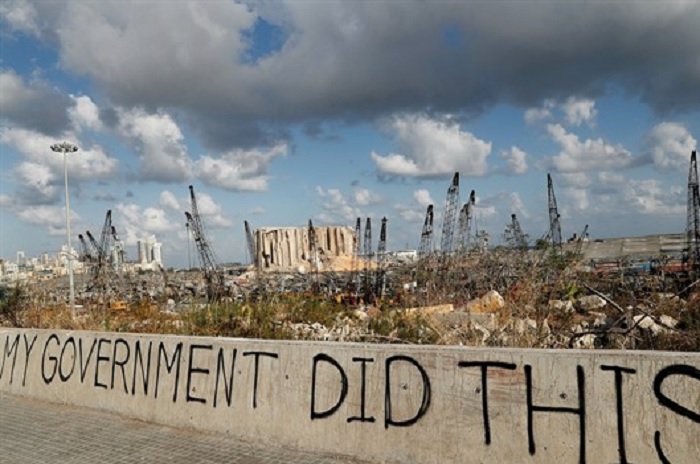
The devastating explosion that tore through Beirut earlier this month exposed the elite corruption at the heart of Lebanese governance. The blast itself, which was almost certainly caused by a stockpile of highly explosive ammonium nitrate that had sat unguarded at Beirut’s port since 2013, may not have been deliberate.
But it had everything to do with Lebanon’s history of conflict and the elderly politicians, many of them former warlords, who still hold power in its dysfunctional, sectarian and clientelist political system. With the public mobilizing against the country’s kleptocracy, the survival of the status quo is in question. But whether a reformist alternative can take its place remains uncertain.
Since the 1970s, Lebanon’s political elites have eschewed the hard work of governing in favor of plundering the country’s resources and concentrating power among themselves. To date, as much as $100 billion have been squandered from the country’s banking system in corrupt deals. Now, with more than 200 people dead from the blast and thousands more injured and displaced, Lebanon’s leaders are once again determined to escape blame for a disaster of their own making by rejecting an international investigation into its causes and culprits.
 Eurasia Press & News
Eurasia Press & News


